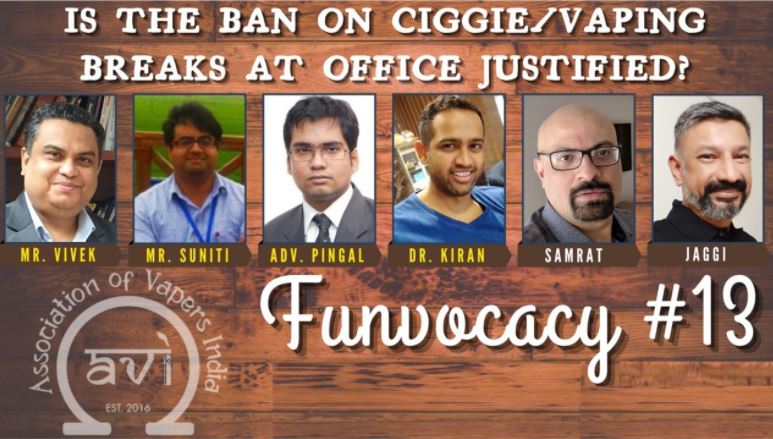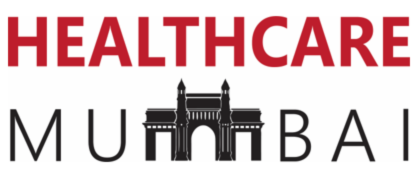Health experts, advocacy professionals and business owners have raised objections to the guidelines issued by the Union government to ban smoking breaks at the workplace in the wake of COVID-19. In a webinar organised by Council for Harm Reduced Alternatives (CHRA), the panel pointed out difficulties in enforcing such a measure, along with the possibility of workplace discrimination and harassment of corporates.
 |
Participants during the webinar organised on Banning Smoking at Workplace
The health ministry recently issued ‘COVID-19 safe workplace guidelines for industry and establishments‘ in which it asked companies to prohibit employees from taking cigarette breaks as they violate social distancing norms.
The panel noted that the government has taken many harm reduction measures to stem the COVID-19 spread, including wearing masks and social distancing, but on tobacco use it has taken a prohibitionist approach which could have negative outcomes.
Speaking about the health implications of the guidelines, Dr. Kiran Melkote, an Orthopaedic Surgeon, said, “Overall, the guidelines are excellent in helping prevent COVID-19 spread and creating a safe workplace. While anti-smoking efforts are commendable, they need to take into account the dependency of a smoker. Absent other measures, if smokers do not get their nicotine, they will face behavioural changes which can have an adverse impact on their productivity.”
Advocate Pingal Khan said, “Though these guidelines are not binding and temporary, central government advisories are usually treated with the sanctity of law, which necessitates that all implications be considered. The guidelines ask employers to breach the privacy of their employees and issue pay cuts for non-compliance. The state shifting its burden of policing to private enterprises could end up exposing them to legal liabilities.”
He added that rather than an outright ban on smoking breaks at work, the government could have struck a finer balance between personal liberty and social responsibility with solutions that help a smoker in quitting.
Talking about meaningful support, HopeQure CEO Vivek Sagar, said, “The guidelines are driven by the need to increase employees immunity. However, this may impact them adversely. The government should instead encourage corporates to implement deaddiction mental health programmes for employees to help them in coping with the withdrawal process. The government may guide the corporates to use the CSR fund to support these efforts.”
Eminent harm reduction advocate Samrat Chowdhery said, “Employees take breaks for many reasons, but only those for smoking have sought to be banned. This is likely to seed disharmony at the workplace by creating two classes of employees. Rather than a ban, the ministry should have developed a practical framework on managing smoking rooms better through restrictions on the number of people using it at one time, properly sanitising them, moving them to open areas, etc.”
The webinar was moderated by Jagannath Sarangapani, Director, Association of Vapers India, who said the government could have considered all aspects of the measure, including the monitoring of such a ban. “It is good that the government is working on containing the pandemic at workplaces, but it is also difficult to keep tabs on employees outside the office space.”
Disclaimer: This story is provided by NewsVoir. The views expressed in this article do not reflect of represent the policies of this publishing house. Trade News Network will be in no way responsible for any claims made in this story. (TNN/NewsVoir)



